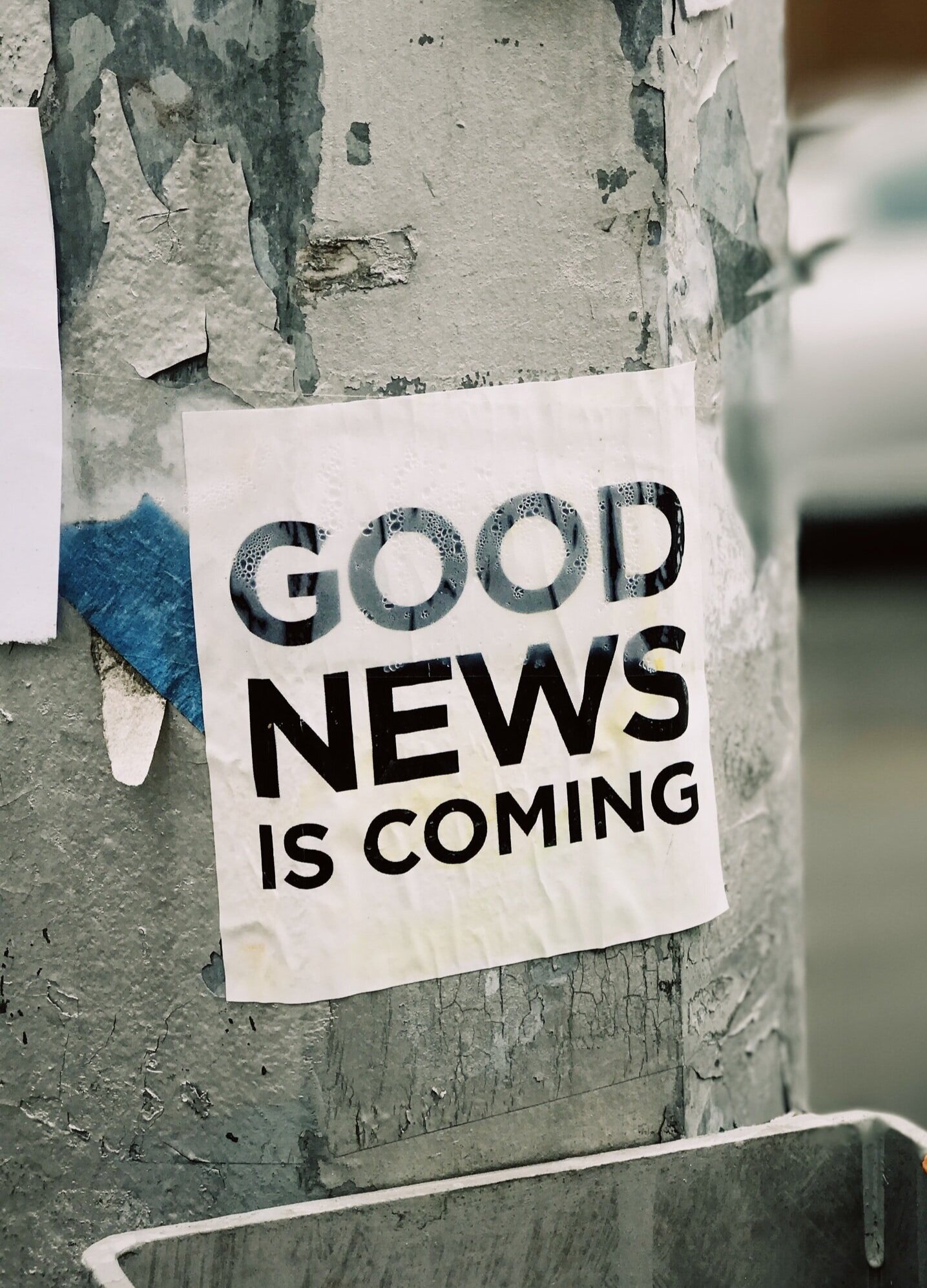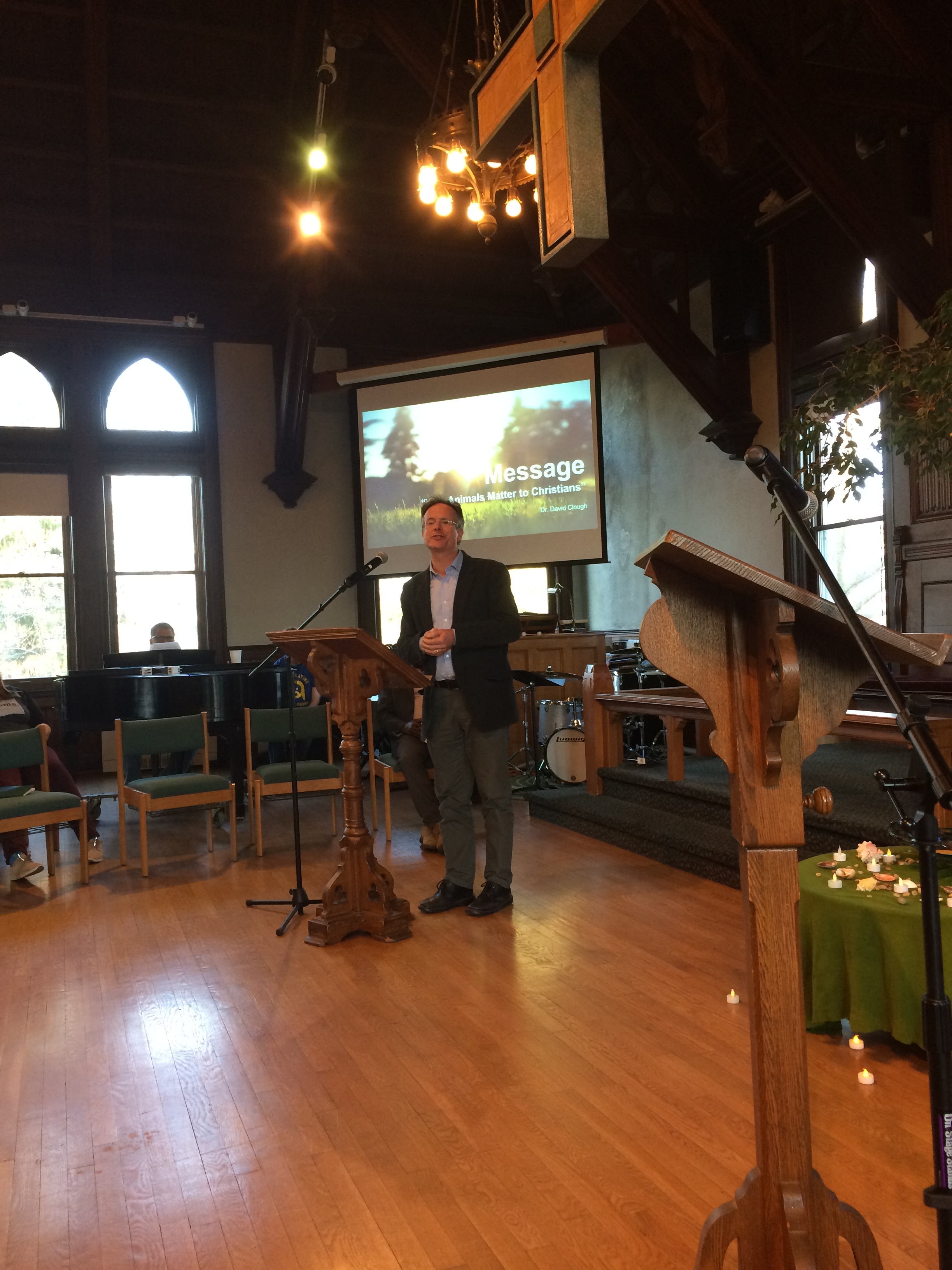by Alyssa Moore
John 18:1-3. Jesus went out with his disciples across the Kidron valley to where there was a garden, into which he and his disciples entered. Judas his betrayer also knew the place, because Jesus had often met there with his disciples. So Judas got a band of soldiers and guards from the chief priests and the Pharisees and went there with lanterns, torches, and weapons.
Mark 14:32-36: Then they came to a place named Gethsemane, and he said to his disciples, “Sit here while I pray.” He took with him Peter, James, and John, and began to be troubled and distressed. Then he said to them, “My soul is sorrowful even to death. Remain here and keep watch.” He advanced a little and fell to the ground and prayed that if it were possible the hour might pass by him; he said, “Abba, Father, all things are possible to you. Take this cup away from me, but not what I will but what you will.”
My fellow worshippers, the word of our savior, Jesus Christ.
Good morning. My name is Alyssa Moore, a CreatureKind Fellow, and I will be sharing a few words for us today.
Beloved of God, we have journeyed through yet another Lenten season. We have gone into the wilderness with Jesus. Through our prayer, through fasting, through mourning, through works of justice and mercy, we have walked into the desert. And so perhaps it’s fitting that now, in Holy Week, we begin and end in a garden.
In the Gospel of John we read that, “Jesus went out with his disciples across the Kidron valley to where there was a garden, into which he and his disciples entered.” We read that Jesus has often been there with his disciples. We know that in Jesus’ ministry up to this point he speaks repeatedly of the beauty of creation, its belovedness and worthiness of care in the eyes of God. And right before what he knows to be a night of anguish, Jesus seeks refreshment and peace and companionship in the garden. Jesus seeks communion with God and answers to prayer in the garden. We can picture what it looked like, what kind of trees and grasses, what kind of flowers and creatures might be there with Christ. We can picture our own gardens, our own communities and ecosystems.
And today we can hear Christ asking us to keep watch and be present with him in that garden, just as he asked for the company of Peter, James, and John. Just as he asks that the cup might be taken away from him, we may be frightened of what Jesus is asking us: of what he might call us to see, to experience, to do. Because as we have experienced, all too often, the quiet garden soon becomes the scene of injustice, violence, and persecution.
White supremacy, colonialism, greed, and speciesism have uprooted the “gardens” we live in, and just as Jesus is taken from the garden to the place of judgment, we know that we have dispossessed peoples of their lands and animals of their homes. The violence and injustice of our political systems is not a phenomenon unique to Jesus’ day.
White supremacy has cried out “crucify them” to BIPOC communities—to Black and Asian Americans, to the indigenous peoples whose stolen lands we colonize, to the people and countries our food systems exploit. Religious and political institutions have cried out “crucify them” to our queer and trans family. Capitalism and imperialism cry out “crucify them” to the disabled, the poor and working-class. And speciesism cries out “crucify them” to the community of creation, perpetuating a never-ending Good Friday for both animal and human bodies, in order to put meat, fish, and dairy products on the table.
We began in a garden and we end in a garden. We read that, “In the garden there was a new tomb,” where Jesus was laid after he is crucified, and has surrendered his spirit to God. In the world these days it seems that there is always a new tomb, a new crisis, a new tragedy; the world has already ended and ended so many times, for so many people, and animals, and continues to end every day: through mass shootings, through pandemics, through harmful legislation, through climate change, pollution, industrial animal agriculture. We may feel like the men who offer their help in claiming the body of Jesus, or the women who bring the burial spices and ointments to the tomb: maybe helpless, maybe frightened, showing up in the dark and just trying to do the best with what we have.
But it is at that tomb, in that garden, where the women will receive the news that Jesus is risen—and with him, the entire community of creation.
Imbued with the promise of that Easter strength, knowing and believing that death will not have the last word, that we are an Easter people, and Alleluia is our song—what stones can we roll away? What stones will we roll away?
In one of our Lenten readings, Isaiah 58, the prophet said:
This, rather, is the fasting that I wish:
releasing those bound unjustly,
untying the thongs of the yoke;
Setting free the oppressed,
breaking every yoke;
Sharing your bread with the hungry,
sheltering the oppressed and the homeless;
Clothing the naked when you see them,
and not turning your back on your own.
Then your light shall break forth like the dawn,
and your wound shall quickly be healed;
Your vindication shall go before you,
and the glory of the LORD shall be your rear guard.
Then you shall call, and the LORD will answer,
you shall cry for help, and [God] will say: Here I am!
Beloved of God, we are called to a project of resurrection and liberation in which we are not alone. The prophet changes the paradigm from an individual experience of mourning and penance to a communal project of change, healing, and solidarity. Jesus changes the paradigm from death to life and rebirth. As in a garden, life arises from what can seem like a continual state of death. And we are called, during these last few days of Lent, and in the Easter season that follows, to breathe life into works of justice: not to deny or ignore our neighbors, human and nonhuman—“not to turn our back on our own.” God will be with us in this work.
Guided by the Spirit, we are called to a prophetic vision that may seem as impossible as resurrection in the midst of what seems like an endless Good Friday or Holy Saturday. A vision in which we all share together in table fellowship, working in peace and fierce love and tenderness to heal and nurture and sustain the whole community of creation.
Jesus went out with his disciples across the Kidron Valley to where there was a garden.
He is waiting for us: waiting to pray with us, to watch with us, to share our pain, our hope, and our struggle, waiting to turn the world upside down…and begin a new life with us.
Today, let us seek and find him there.
Alyssa Moore (she/her/hers or they/them/theirs). Since a young age, Alyssa’s love of animals and her vibrant experience of parish life have been her greatest joys, as well as tremendous sources of mission and motivation. She is a Catholic from Berkeley, CA, currently studying for a Master of Divinity degree at Santa Clara University’s Jesuit School of Theology (JST), and her CreatureKind fellowship will fulfill her degree’s field education requirements for this year. Alyssa has helped organize discussions with her JST theological community about the sentience and sacredness of farmed animals, and about how care for God’s nonhuman creation can intersect with other local and global issues. She is eager to continue to grow in discipleship as part of CreatureKind’s thoughtful, prayerful, and essential work for all of God’s creation.






![IMAGE CREDIT: Die gelbe Kuh (The Yellow Cow), by Franz Marc (1911) [https://commons.wikimedia.org/wiki/File:Franz_Marc-The_Yellow_Cow-1911.jpg]](https://images.squarespace-cdn.com/content/v1/56fd4f1d45bf21c39ace2f22/1532353183422-21MJF69SOLGTXXF82LIM/1_gjnUJz79TumyFJD5UwkBUg.jpeg)





